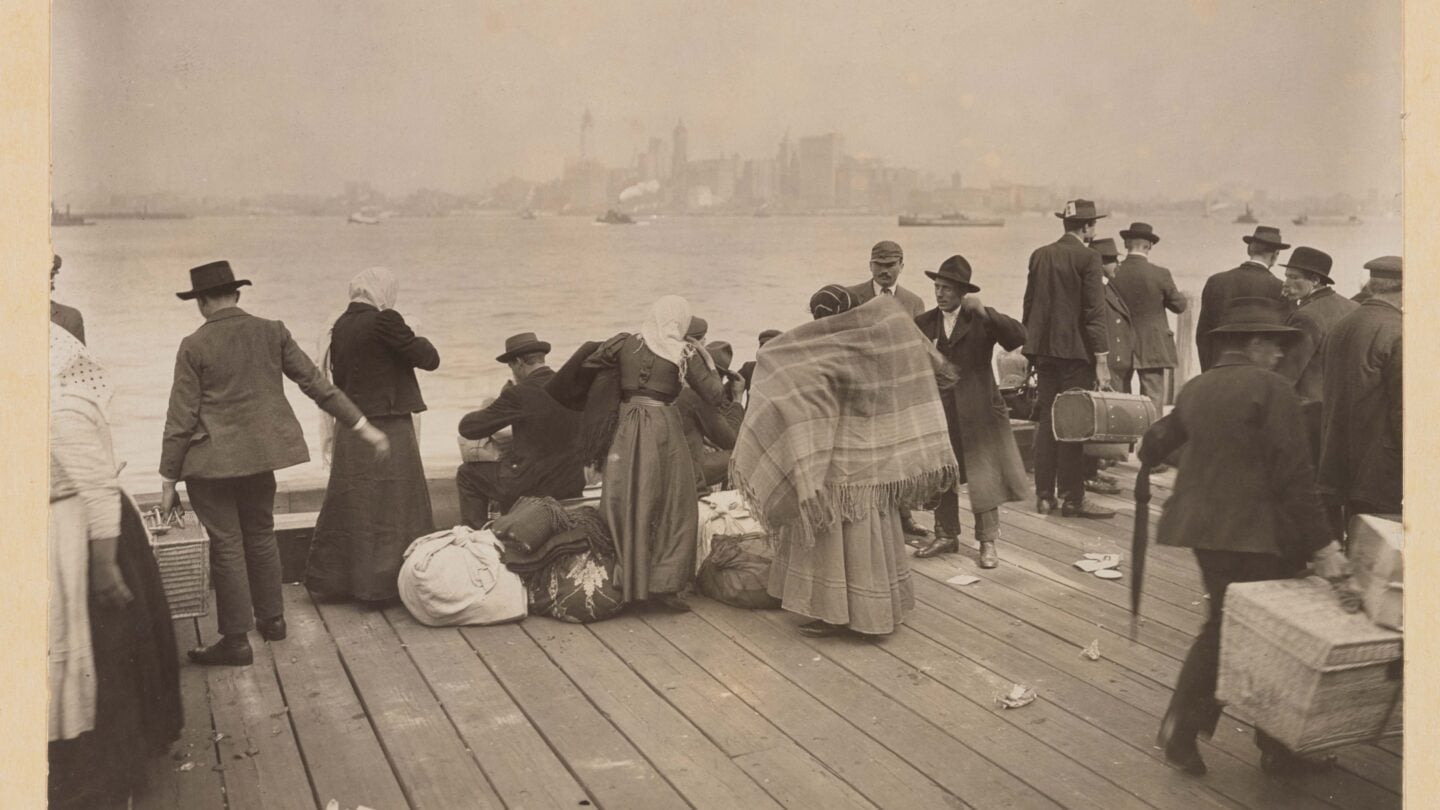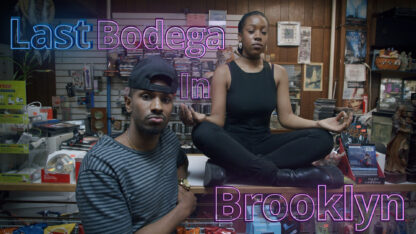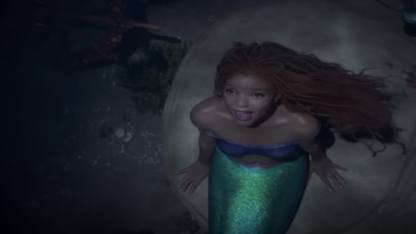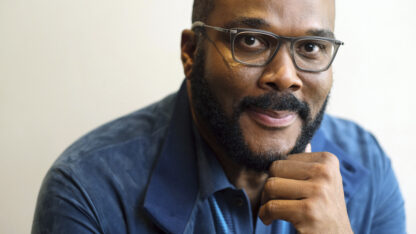New PBS Ken Burns' series 'The US and the Holocaust' examines the US' role in the tragedy

Together with its role in world history, the Holocaust has been the subject of literature, film, theater, music and art. Now there’s a new PBS series, “The US and the Holocaust,” a three-part documentary directed and produced by Ken Burns, Lynn Novick and Sarah Botstein. The PBS series will air over three nights on WABE TV from Sept. 18-21. Co-directors and producers Sarah Botstein and Lynn Novick joined “City Lights” host Lois Reitzes via Zoom to talk about the new show and its examination of our country’s role alongside one of the world’s greatest tragedies.
Interview highlights:
Examining America’s response to an unfolding genocide:
“We were interested, along with Ken Burns, our partner and collaborator, and Jeffrey C. Ward, our writer, and our team of producers, in exploring questions that we did not know the answers to,” Novick said. “Those were, what was America’s response to the Holocaust? To Hitler’s rise to power? To the persecution of the Jewish people of Europe as it was unfolding? And to get at that question, we had to find out what actually happened in Europe, and how did Americans find out about it over those years? What did we know, how did we know it, when did we know it, and what did we do in response to that knowledge?”
She continued, “It took us many years to unpack all of those questions, and it became an exploration, both of the events of the Holocaust, the catastrophic humanitarian crisis that unfolded as the persecution of the Jewish people of Europe gained power and strength, and people were trying to get out, and whether America was willing to be a nation of refuge and asylum for the oppressed or not. And sadly, we discovered, although we did admit many people, we could have admitted many, many more.”
A lesser-known perspective on the Holocaust from Anne Frank’s father:
“Many, many people’s entry to this subject matter is [Anne Frank’s] extraordinary diary,” Botstein said. “When we set out to begin research on the film, it came to our attention that Otto Frank had tried to get his family to the United States — a fact that Lynn, Jeff, Ken, myself, we didn’t know — and suddenly made her feel much more relevant and important to an exploration of the U.S. response to the Holocaust, because if Otto Frank had succeeded in getting Anne Frank, her sister and his wife and family, here, as Lynn often says, Anne Frank could very well be alive today.”
Unsettling echoes in past and present America:
“We became aware of the fact that, as [Hitler] was coming to power, he did look to American history and how we handled the Native American displacement and murder, and the Jim Crow laws and the segregation in the United States,” Botstein said. “While it’s very, very important, and we’ve all made sure to make clear that Americans were not responsible in any way for the Holocaust, and were terrific saviors in the second World War in many, many ways, Hitler’s drawing on American failures, experiences, racism at home, as he moved east just the way we had moved west, was an important piece for us to include in the film.”
“We tried to stay focused in this project on telling the story of what happened then,” Novick said. “We let the audience, for the most part, recognize the parallels and the echoes, but they are undeniable and unmistakable. Some of the most concerning parallels have to do with a kind of mainstreaming of hate speech and bigotry, and dehumanizing of people. With Hitler and the Nazis, they were targeting Jews in particular, but many other groups. We see that same dynamic playing out in our society today and around the world, in Europe as well, of how immigrants are described, and people who are considered ‘other’ and treated as less than human, and not welcomed into democratic societies. And we’re also seeing a general trend toward authoritarianism. It’s a word I have trouble saying.”
The documentary series “The U.S. and the Holocaust” will premiere on PBS Sunday, Sept. 18, with subsequent episodes airing Sept. 20 and Sept. 21. The full series will be available to stream on all PBS platforms on Sept. 18 along with the premiere broadcast, accessible at https://www.wabe.org/tv/us-and-holocaust/.








